Find your expert.
Fix your problem.
Breathe easy.
It only takes a few seconds.
Sinking Sidewalk
Signs of Concrete FailureSettling or broken sidewalks are more than just an eyesore; they can pose significant trip hazards. And when these conditions exist near and around your home, you are at risk of being held liable for accidents. Liability aside, a sinking, broken sidewalk also reduces the curb appeal of a home, potentially causing problems when it comes time to sell.
Is your slab settling?
When concrete slabs settle, they pose more than cosmetic problems. Once it is cracked or sinking, the problem will continue to progress. Over time this causes safety concerns, lets water in and can even cause structural damage to other parts of your home.
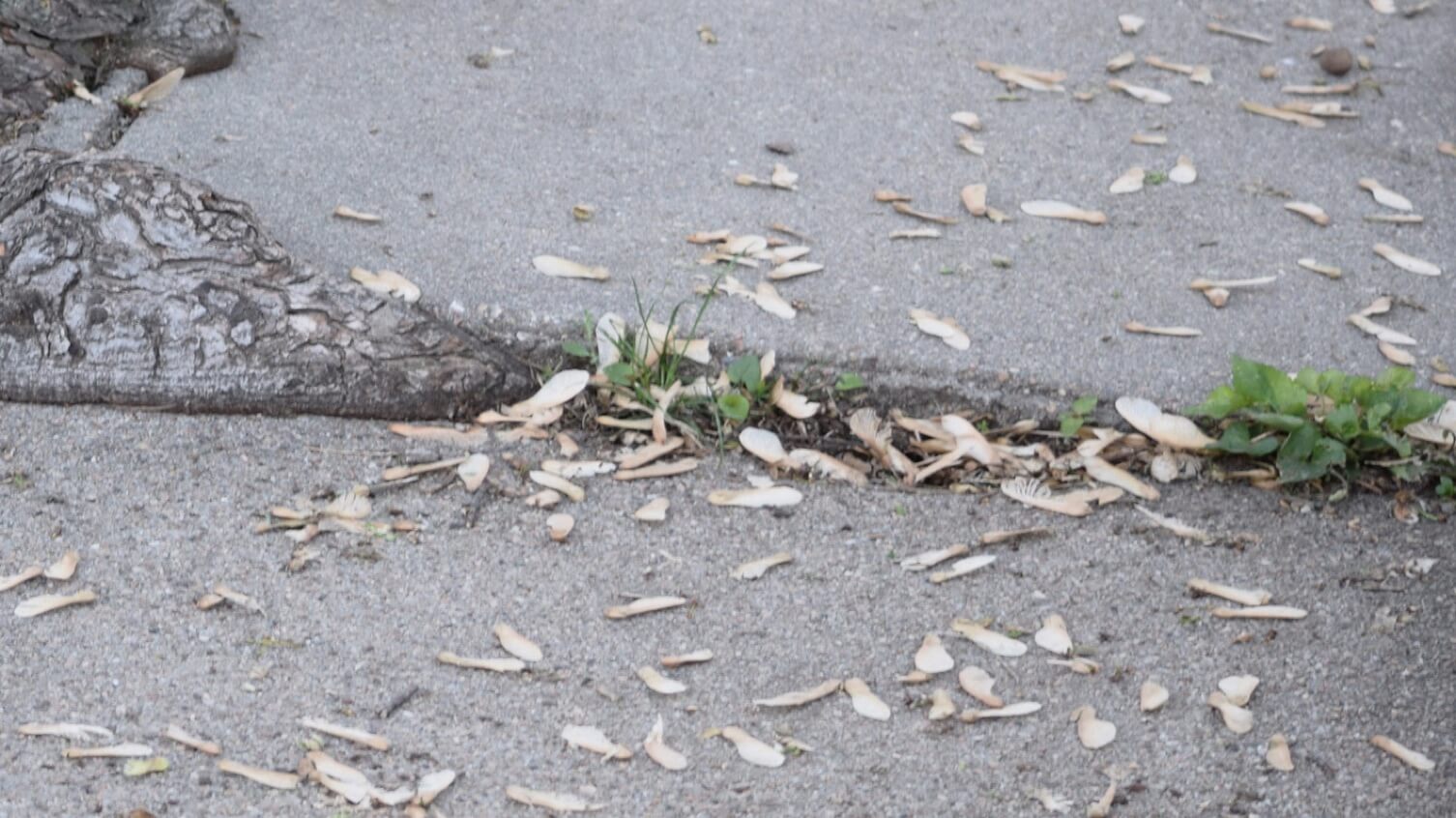
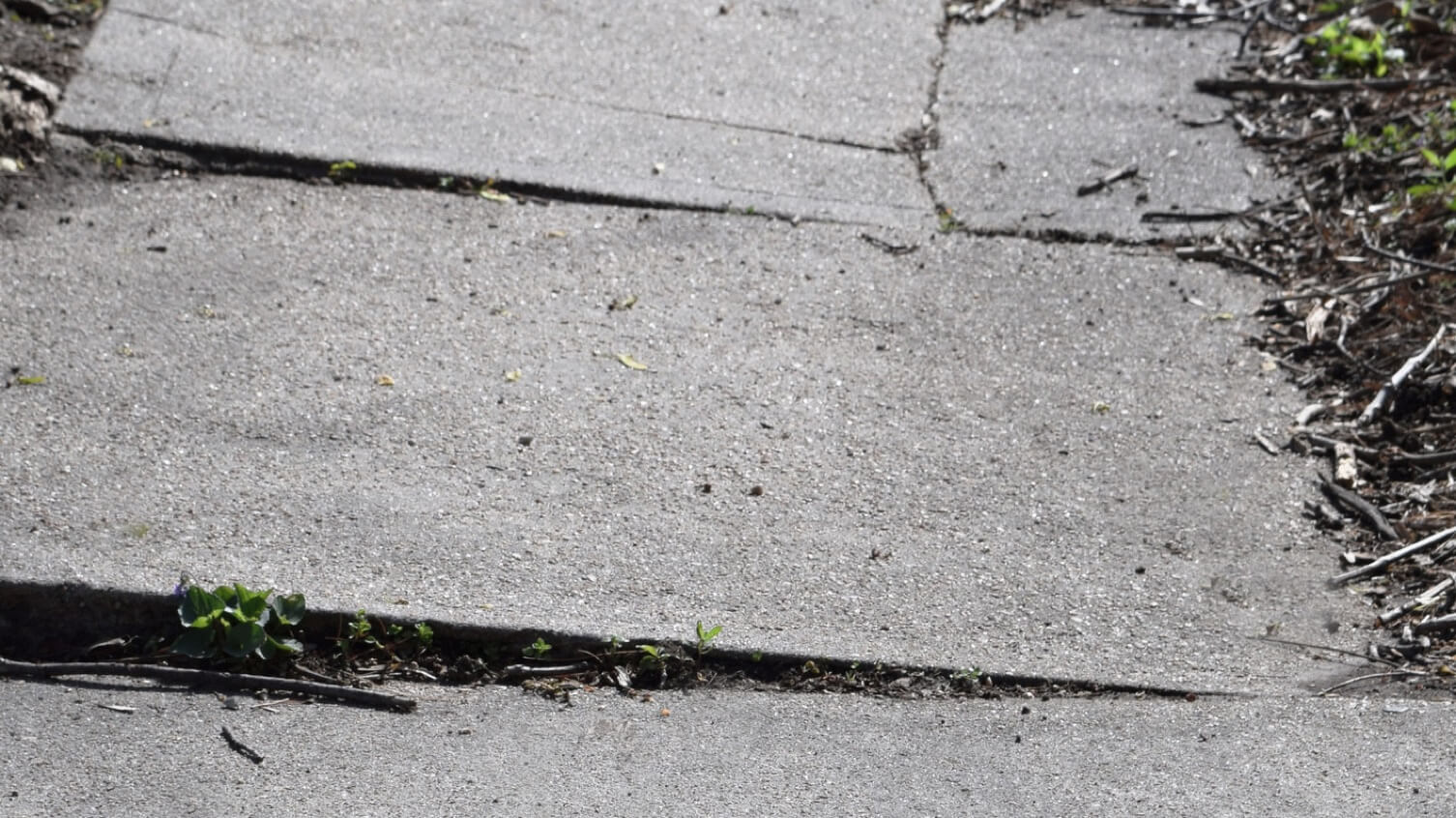
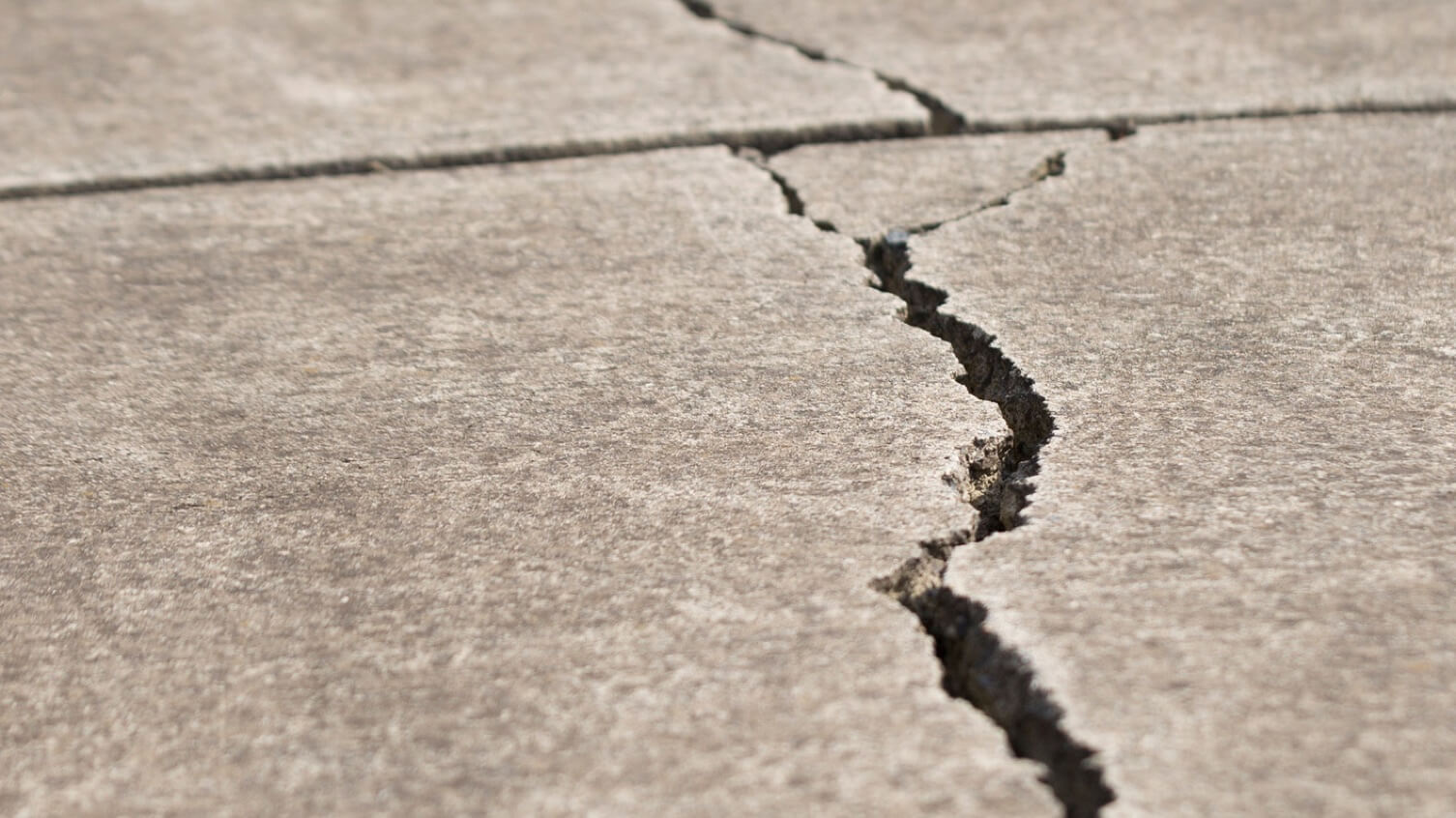
Common Signs
Look for unlevel concrete slabs, or cracks forming on a single slab or across multiple ones.
How did this happen?
Damage to your home’s concrete can develop immediately following construction due to the presence of weak fill soil, or it may happen years later as changes occur within the soils. Either way, sunken, uneven concrete often indicates a problem with the soil underneath. So, what causes these concrete issues?
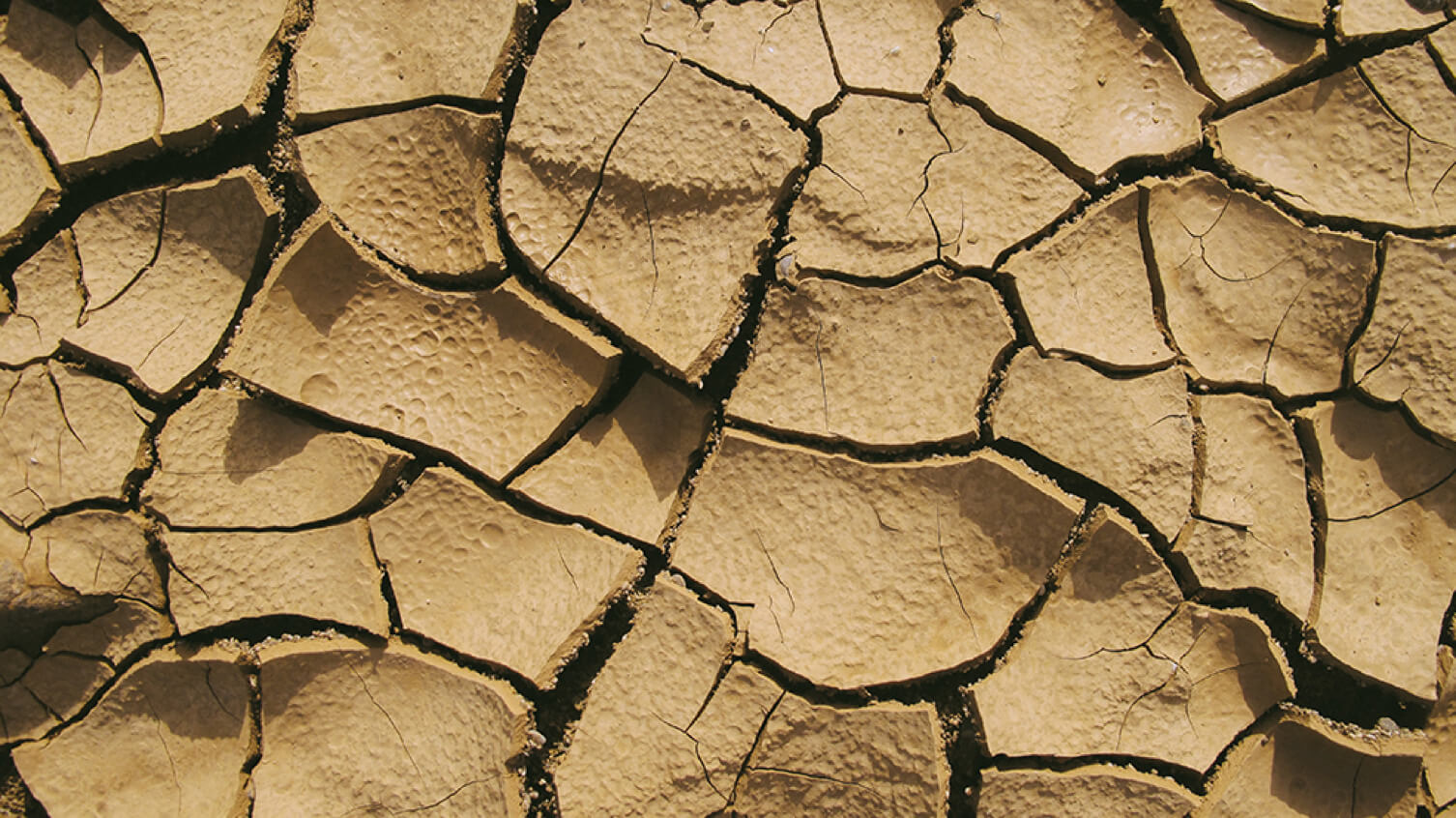
Changes in soil moisture
Concrete sidewalks are most often poured directly onto soil. Once concrete hardens, it seems strong and permanent. However, properties of the soil under the concrete can change over time due to wet and dry weather cycles. Different types of soils — especially clay soils — absorb and retain water and expand. When dry conditions occur, clay soil shrinks This expansion and contraction of soil causes movement of the overlying slab, which may also lead to cracking and faulting of the concrete.
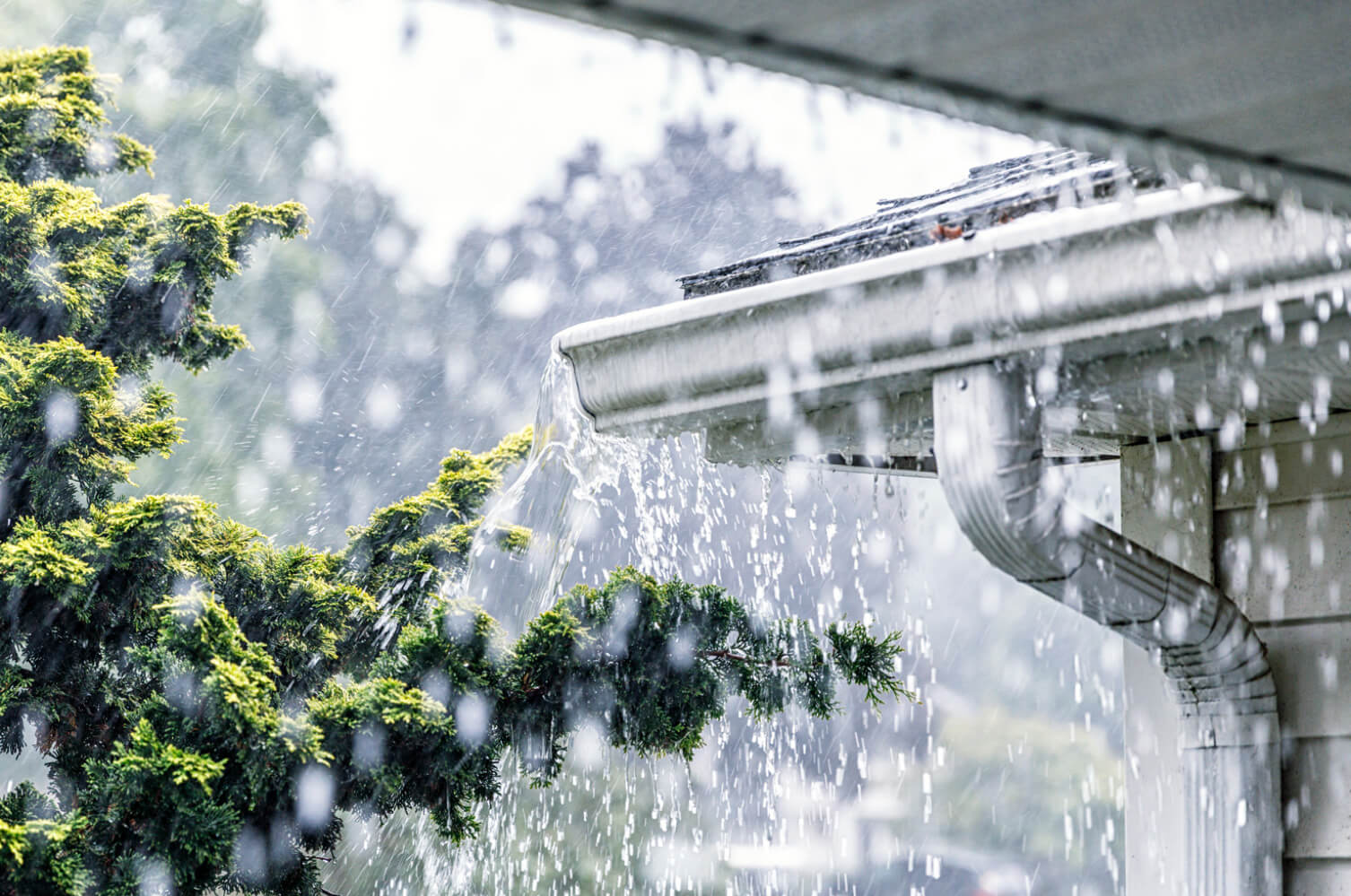
Soil washout
Flowing water adjacent to or beneath a concrete slab can erode or wash away the supporting soil. Washout can be caused by plumbing leaks, heavy rains, poorly placed downspouts or a variety of other reasons. Without soil to continuously support the concrete, it is at risk of sinking, settling and cracking over time.
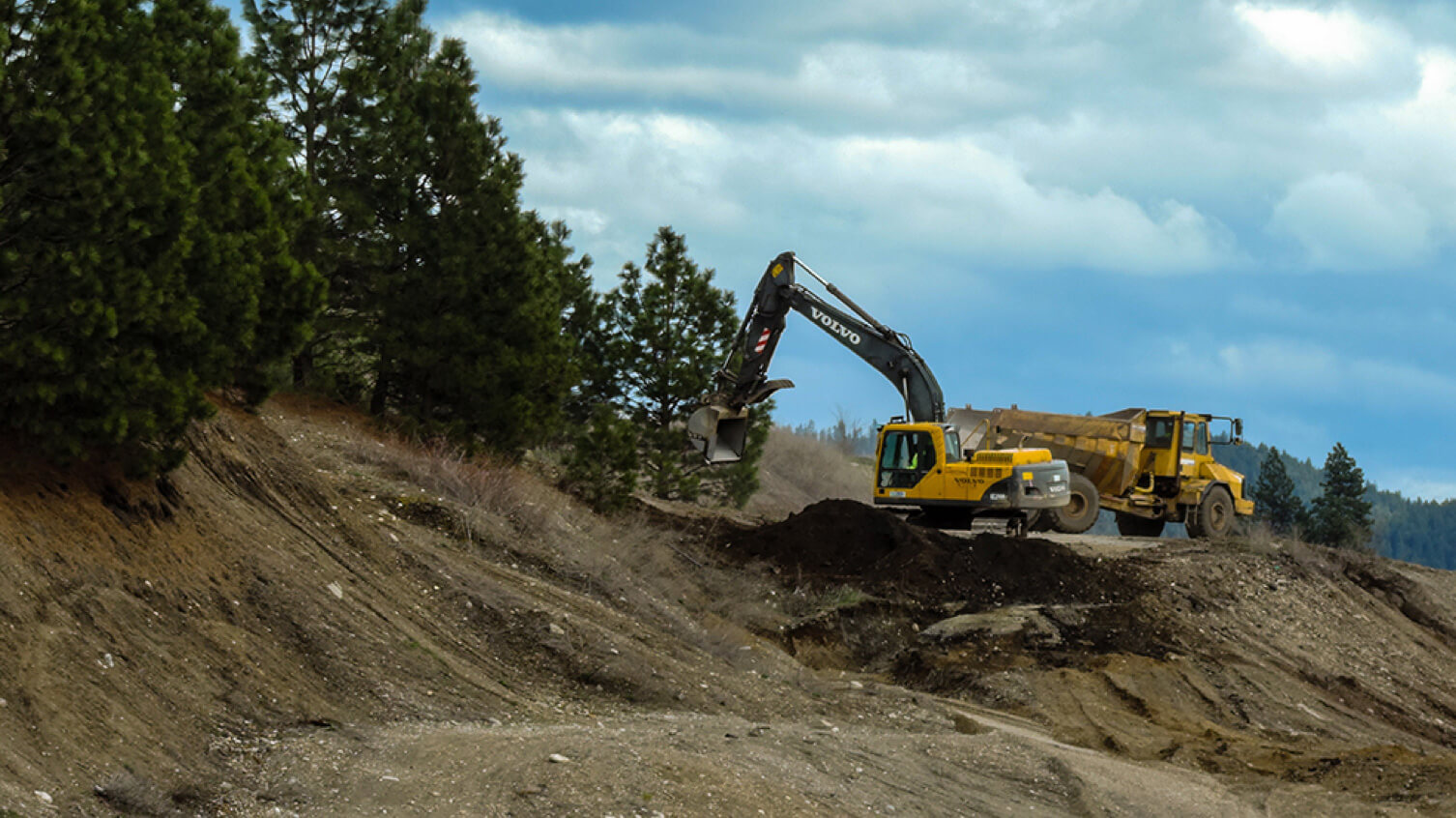
Poorly compacted fill soil
During the construction of a home, driveway, patio or sidewalk, soil is commonly moved around or spread out to get to the desired grade level. Often, the concrete slab is poured right on top of these fill soils that have been moved around. If the fill was poorly compacted, the fill soil compresses and settles, creating a void under the concrete. With nothing to support it, the concrete cracks, breaks and settles into the void.

Why fix your concrete problems now?
- Concrete problems only get worse over time. Hoping, praying and putting them out of your mind won’t reverse the symptoms and make the situation better.
- They only get worse, concrete problems will never be less expensive to fix than they are today.
- This is your home we’re talking about. It’s likely your single biggest investment. Do you really want to reduce its curb appeal and lower its value by letting your concrete deteriorate?
The Real Estate Seller Disclosure Act requires foundation repair needs to be disclosed to potential home buyers. Realtors tell us they are forced to discount homes with foundation structural defects 10-20% to make a sale. What is your home worth in today's market? Imagine losing that much money from your home's value by not permanently fixing your foundation!
Don't let problems like these rob you of your peace of mind.
Find a dealer near you to fix them, so you can breathe easy and sleep well tonight.